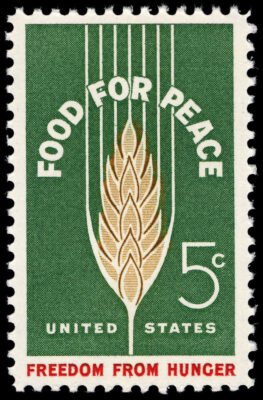Stamps are helping Right Sharing of World Resources
All stamps are welcome, inlcuding postage stamps that are new, old, foriegn, domestic, licked, and unlicked.
According to the RSWR website, “Since 1996, the Quaker Missions Stamp Project has collected and sold used postage stamps and used the proceeds to fund Quaker organizations like RSWR. Brad Hathaway founded the project and was its steward until 2009, when Earl Walker took over the stamp ministry. From 2009-2017, Earl raised over $11,000 for Right Sharing through the Quaker Missions Stamp Project. In 2017, Indianapolis First Friends Meeting became the new home for the stamp ministry. Amy Perry and Brad Jackson are the current co-coordinators.”
At the AFM meetinghouse, there is a bin marked “Stamps” near the classroom. Place your stamps in that bin and the stamps will be mailed to the following address. Also, you can also simply mail your stamps to the same address.
Stamps for Right Sharing
c/o Indianapolis First Friends
3030 Kessler Blvd. East Drive
Indianapolis, IN 46220
Realities of Developing Countries
Donations to support RSWR is also an option on their website.
